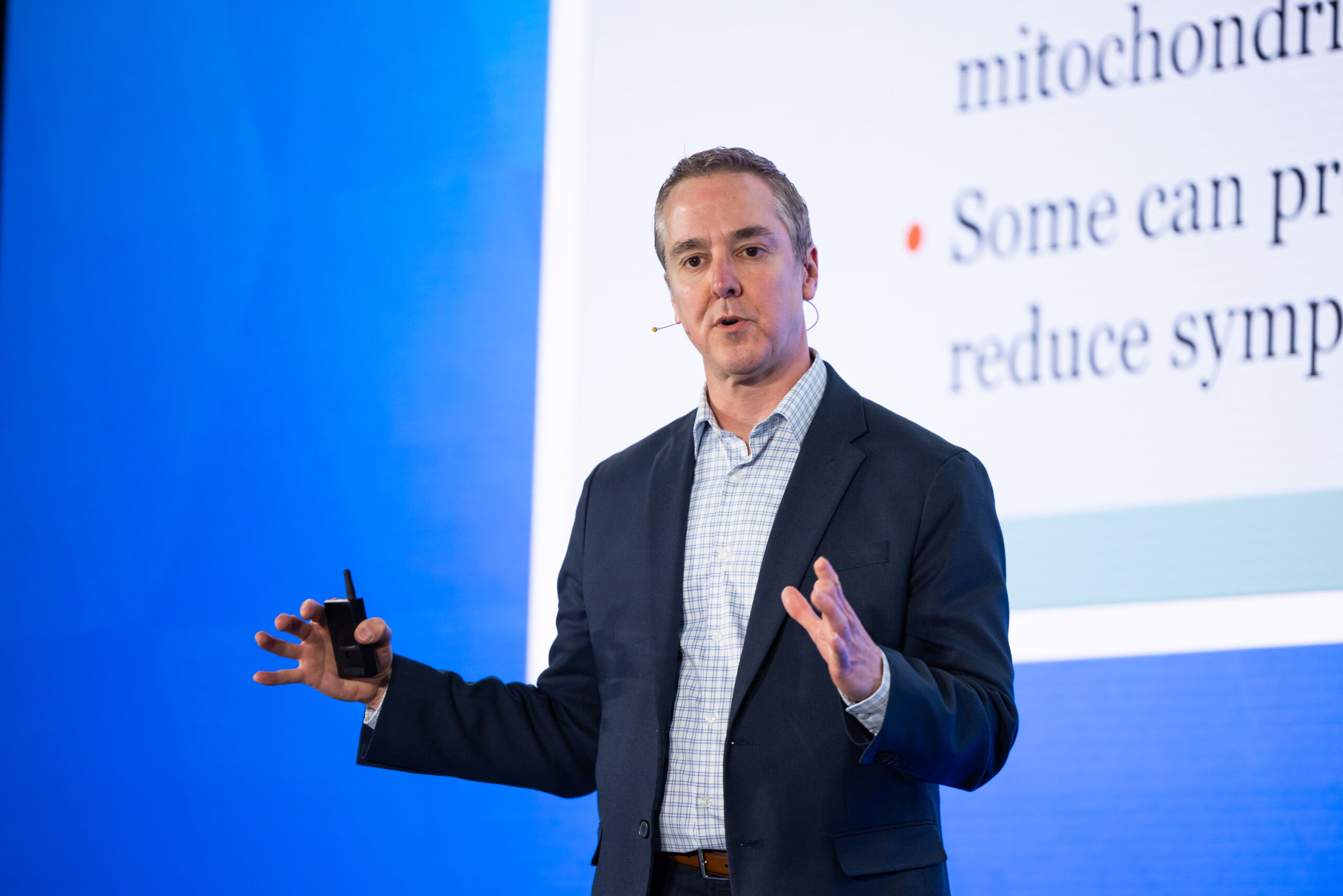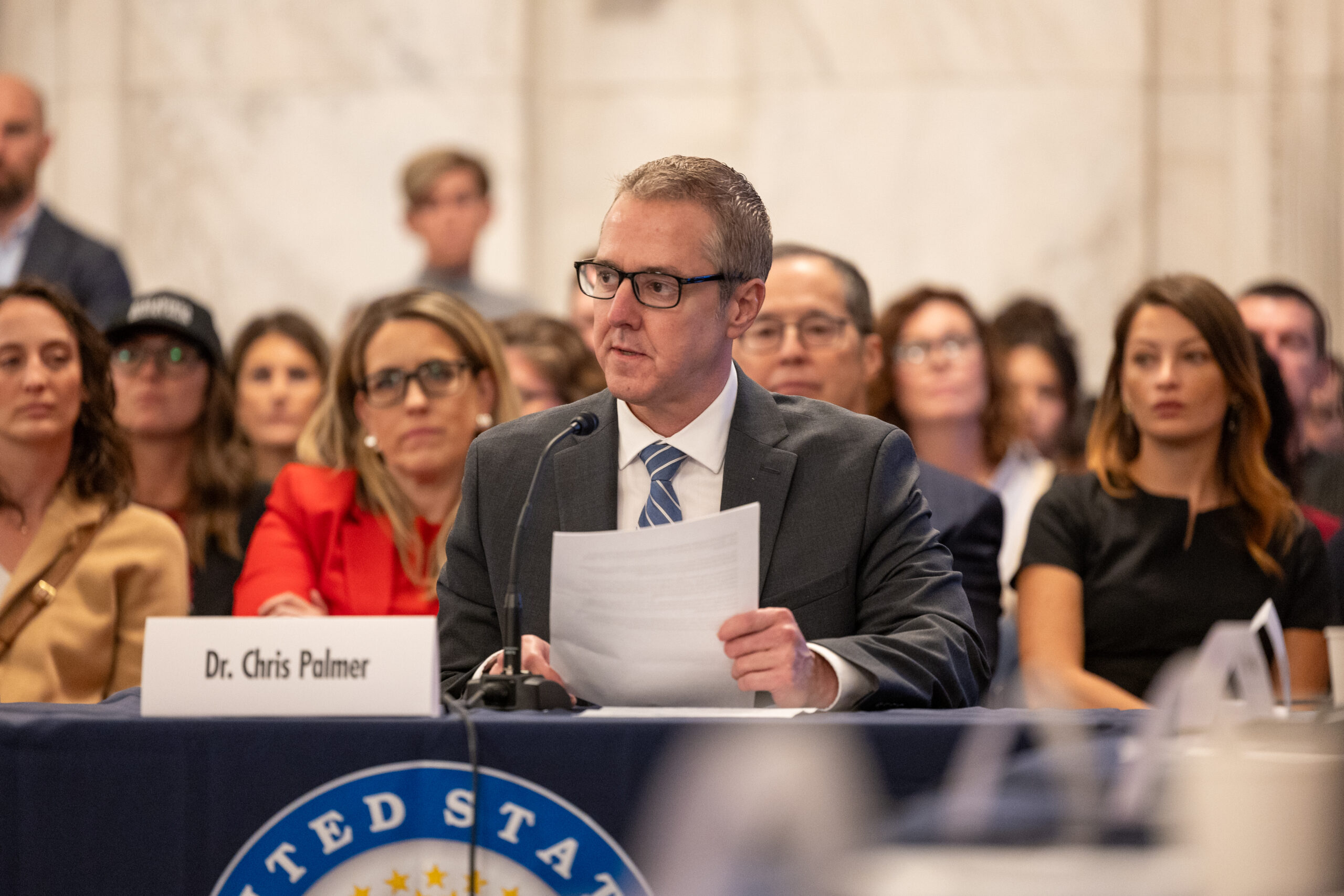Two years ago, Brain Energy was published, sparking a global movement to revolutionize how we understand and treat mental health. Reflecting on this milestone, I am filled with gratitude, hope, and determination to continue this important work.
The journey has been extraordinary. Since the book’s release, I’ve been invited to speak on numerous podcasts, television shows, NPR, and at conferences for lay and professional audiences around the world. These platforms have allowed me to share the message that mental health and metabolic health are deeply interconnected, offering new hope for people struggling with mental illness.
The impact has extended far beyond media and speaking engagements. In Washington, D.C., I’ve had the opportunity to meet with policymakers to advocate for better integration of mental and metabolic health care. One of the most humbling milestones was a $3 million gift to McLean Hospital to launch the Metabolic and Mental Health program. This initiative will support cutting-edge research and treatments rooted in the Brain Energy model, helping to transform care for those in need.
A key partner in this work has been the Baszucki Group and Metabolic Mind, whose tireless efforts have accelerated progress in the field. Their support for research on the ketogenic diet for mental health conditions has been pivotal. Today, approximately 20 clinical trials are underway, including eight randomized controlled trials (RCTs). These studies are exploring the potential of ketogenic therapies to treat conditions like bipolar disorder, schizophrenia, and depression, providing a robust evidence base for this promising approach.
Perhaps most meaningful has been hearing from thousands of individuals worldwide who’ve shared their success stories. People living with anxiety, depression, bipolar disorder, schizophrenia, and other conditions have found relief and recovery by implementing brain energy strategies. These personal stories are a powerful reminder of why this work matters and how transformative it can be.
The community around Brain Energy has been remarkable. Dozens of volunteers have stepped forward to help answer emails, build the website, develop newsletters, and engage in advocacy efforts. Clinicians and researchers have also expressed growing interest in pursuing this work, recognizing its potential to revolutionize mental health care. Together, we’ve created a movement—but there is still much more to do.
Thousands of people continue to reach out seeking professional guidance to implement brain energy treatments. The demand highlights the urgent need to train clinicians, expand access to care, and continue research to refine and validate these approaches. The work ahead will require innovation, collaboration, and unwavering commitment to making these treatments accessible to those who need them most.
Two years in, there is much to celebrate, and even more to accomplish. Thank you to everyone who has supported this journey—whether by reading the book, sharing your story, volunteering, or advocating for change. Together, we are building a brighter future for mental health, one rooted in understanding its profound connection to metabolic health. Let’s keep the momentum going. The best is yet to come.
Dr. Christopher Palmer is a Harvard psychiatrist and researcher working at the interface of metabolism and mental health. He is the Founder and Director of the Metabolic and Mental Health Program and the Director of the Department of Postgraduate and Continuing Education at McLean Hospital and an Assistant Professor of Psychiatry at Harvard Medical School. For almost 30 years, he has held administrative, educational, research, and clinical roles in psychiatry at McLean and Harvard. He has been pioneering the use of the medical ketogenic diet in the treatment of psychiatric disorders—conducting research in this area, treating patients, writing, and speaking around the world on this topic. Most recently, he has proposed that mental disorders can be understood as metabolic disorders affecting the brain, which has received widespread recognition in both national and international media outlets.





